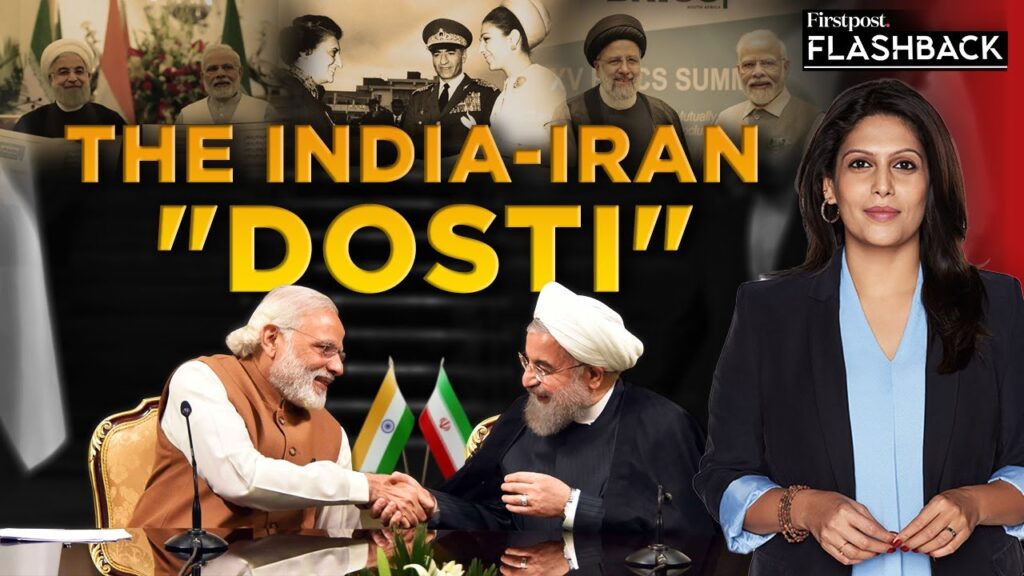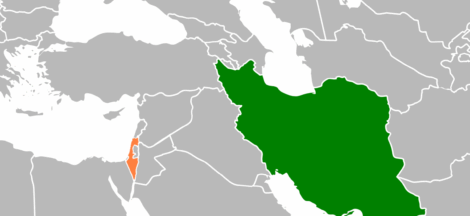India has initiated the evacuation of its citizens from Iran as regional tensions between Tehran and Israel intensify. A first group of 110 Indian nationals, mainly students, successfully crossed into Armenia and are scheduled to fly to Delhi tomorrow. This effort follows direct coordination between New Delhi, Tehran, Yerevan, and Abu Dhabi, in response to the closure of Iranian airspace amid escalating airstrikes.
Diplomatic channels played a key role. External Affairs Minister S. Jaishankar held discussions with Armenia’s foreign minister and UAE officials, securing land corridors for safe transit. With up to 10,000 Indians residing in Iran—including roughly 6,000 students—these logistics were critical. Iran’s government facilitated the evacuation by permitting travel through its northwestern borders into Armenia.
The Indian Embassy in Tehran has been actively supporting its citizens on the ground. It has urged nationals to register their locations, avoid non-essential movement, and use a 24×7 helpline established by the Ministry of External Affairs. Those capable of self-evacuation have been advised to relocate independently to safer regions within Iran or exit via neighbouring countries.
Sources confirm the first group of 110 reached Urmia and then proceeded into Armenia on Monday evening. They will arrive in Delhi by tomorrow. A second wave is anticipated shortly.
This evacuation is unfolding amid a surge of military hostilities between Israel and Iran. Israeli air raids, referred to internally as “Operation Rising Lion,” have targeted several Iranian urban centres, including Tehran and Tabriz. In turn, Iran has launched counterstrikes into Israeli territory, resulting in civilian casualties on both sides.
Tehran has authorised the closure of airspace for security reasons, pushing foreign nationals to rely on land routes. These circumstances prompted India to coordinate land-based transit via Armenia, Azerbaijan, Turkmenistan and occasionally the UAE.
The careful balance of diplomacy, logistics and security in this operation reflects India’s commitment to safeguarding its citizens abroad. It comes as global leaders call for restraint, even as covert military dialogue between Tehran and other regional powers continues. India remains engaged at diplomatic and institutional levels to facilitate further evacuees and ensure their safe passage.




